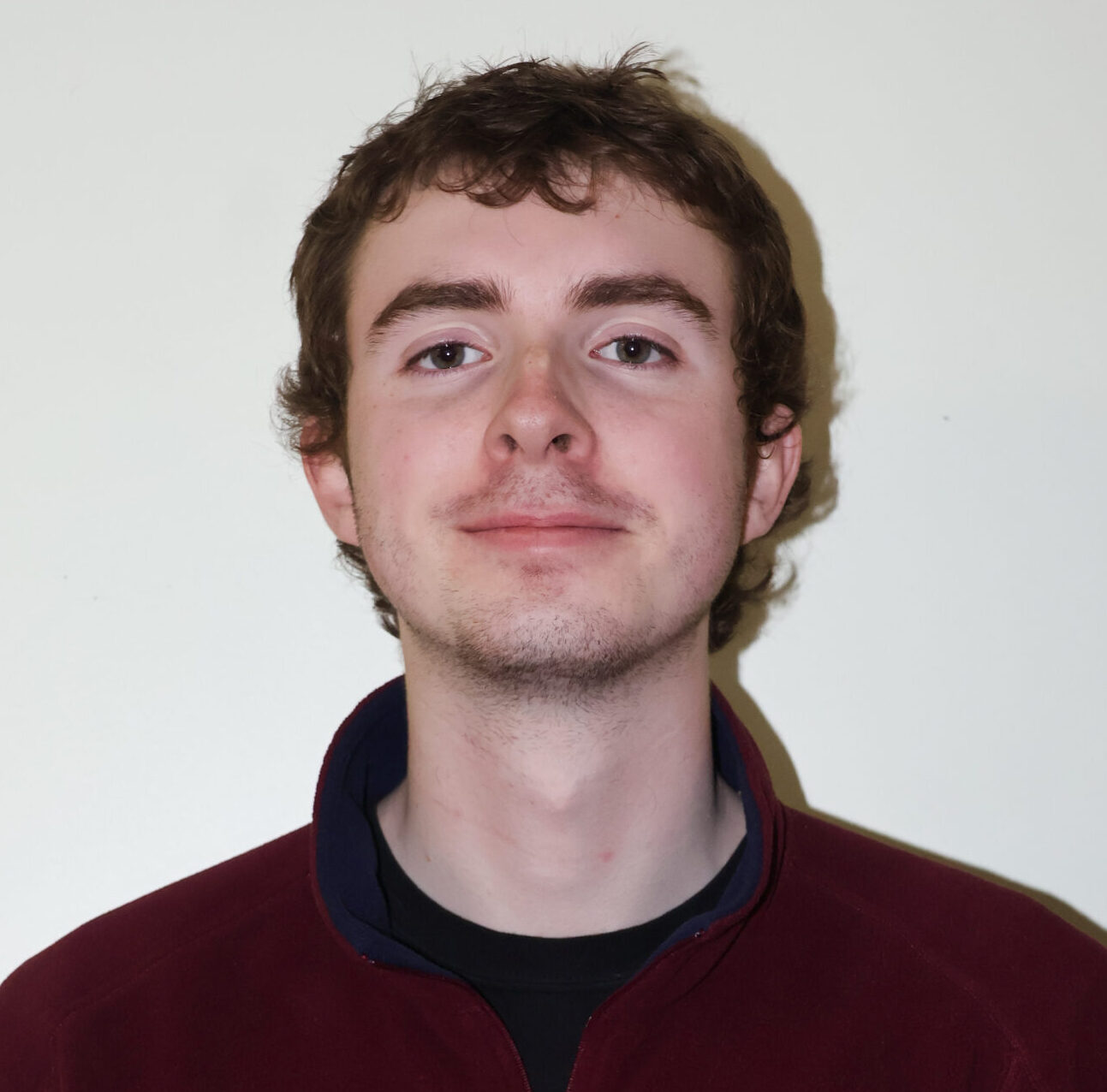Staff Writer Seamus Chiles Troutman confronts the possibility that there really is nothing new under the sun.
Essay: Have We Run Out of Ideas?
Considering all of Loyola’s rules against plagiarism, am I even allowed to write this article?
Every idea I express is, in some way, borrowed. Almost no thought is truly original. No word in this piece is of my creation.
Every word has been used before — but my perspective shapes them into something new. While this article may technically be new, it isn’t original. It’s built almost entirely on ideas from the past.
The complexities of seemingly every emotion have already been written out, painted on canvas, put on film and endlessly rebooted. It makes me wonder — what’s left for us? Is there any room to think anew? Any feeling yet to be explored?
It’s both comforting and distressing to think there might not be. Our seemingly isolated thoughts join those of the past who have already voiced our concerns, and yet it’s disappointing to think the opportunity to be unique is gone or may have never existed to begin with.
When I was little, I used my unyielding imagination to create a whole team of superheroes. But when I got a little older I saw the superheroes I’d made were already on TV. I was angered for the longest time, fervently believing DC stole my idea for The Flash.
As a person gets older, they realize their unique experiences and predicaments aren’t so unique after all. TikTok and Buzzfeed often share lists of specific situations we all thought were unique to our lives but really are common experiences.
Even the so-called technology of the future, AI, only recycles previous human responses on the internet, failing to create something truly new.
Although our lack of originality may make us feel insignificant, it’s comforting to know there are thousands of years of human experience to fall back on when we aren’t sure about our own lives.
In one section of Marcus Aurelius’ “Meditations,” written in his journal while on military campaign in the early 170s C.E., he notes the difficulty of getting out of bed in the morning, arguing we have no choice but to get up and live our purpose. The morning I read that section, I too was grappling with getting out of bed and starting my day.
It’s a basic, but refreshing universal thought. Knowing a Roman emperor nearly two thousand years ago went through the same morning dilemma as myself makes me feel part of a connected spirit. Despite language barriers, differences in age, gender and culture, there’s still a common ground we all walk on.
Humans’ communal way of living means every brain is partially mixed with others. A person is raised by another human, tutored by peers and friends with almost countless other individuals. Every monumental idea attributed to Aristotle or Einstein can also be credited in part to those around them.
No building is built out of thin air, and nor is any idea. Those in the past, whether they knew it or not, laid the foundation for where we are now.
Take the computer, for example. It wasn’t invented with the release of the Macintosh Computer in 1984, it was an idea aggregated by a range of people through decades of piecemeal advancements.
What people think of a computer today is wildly different than what it was 50 years ago. We may come up with the theory of relativity again, but we can make better the ideas we’ve inherited and revolutionize their concepts in innovative, modern ways.
Of course, we all want to be the main character — to feel like our lives have meaning and are different from the rest. But just because an experience is shared or an idea is collectively made doesn’t make it any less special. Not everyone needs to be inventive to create a good story.
When I’m sitting in my room trying to write, contemplating originality and inheritance, I look to the Michael Jordan poster hanging above my bed and read the William Blake quote below it as a reminder that my own lack of ideas isn’t a detriment, but rather a radical reminder of my being connected to every other human.
“No bird soars too high if he soars with his own wings,” the poster reads.
Striving for an original idea is nonsensical. Our ideas are ours, but they’re also influenced by thousands. Progress and innovation happen when enough people come together to relate their shared experiences and relay their unique perspectives into new ideas.
Humans are unique because of our never-ending quest for knowledge. As long as two people are willing to learn from the past, have conversations with each other and be curious about the future, humanity will never really run out of ideas.
-

Seamus is a third-year student majoring in history and political science with a minor in European studies. As a staff writer, he likes writing comical stories and editorials on life as a college student. Originally from Chicago, Seamus enjoys listening to music, long walks on the beach and writing poetry in his sunroom.
View all posts
Topics
Get the Loyola Phoenix newsletter straight to your inbox!


